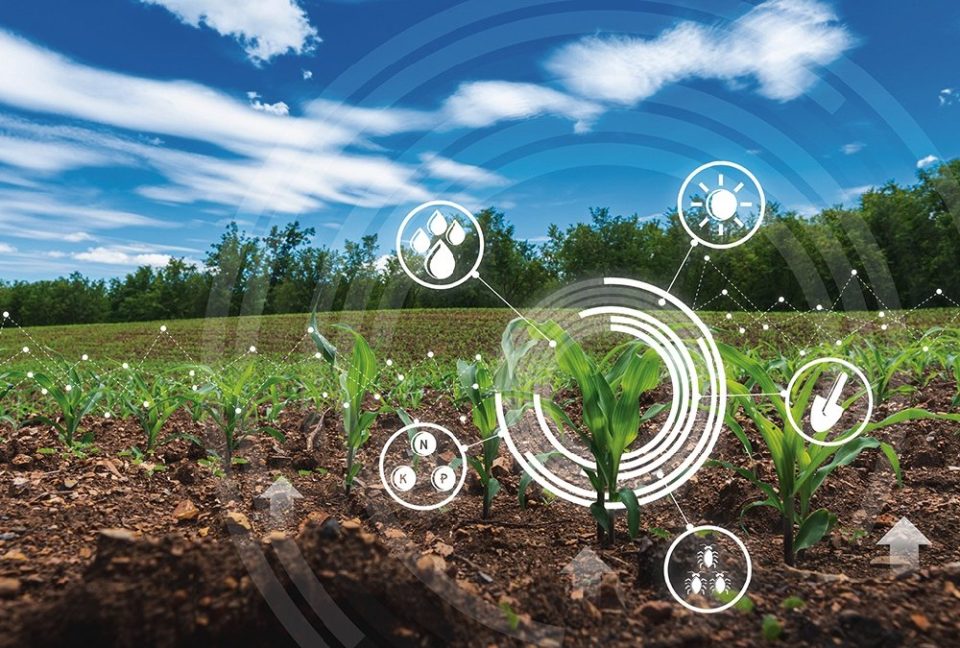Morocco’s permanent representative to the United Nations, Ambassador Omar Hilale, highlighted on September 30 that agricultural sciences and new technologies are an important part of the country’s new economic projections.
Morocco’s Green Plan reached a goal of strengthening localized irrigation, one of the three major components of its Irrigation Strategy.
The high-level meeting addressed “the role of Artificial Intelligence (AI) in achieving post-Covid food security.”
“Today, these sciences and technologies are helping to increase the production of small and medium farmers,” Ambassador Hilale emphasized during the meeting. He also explained the crucial role that AI plays in “helping to produce more food with less water and energy.”
Ambassador Hilale praised the positive impact of the Green Morocco Plan in boosting the country’s agriculture. The plan has made agriculture the primary driver of the Moroccan economy, creating job opportunities and reducing poverty.
Morocco’s strategic goal in the agricultural field has been to guarantee national food self-sufficiency and opens the possibility of exporting quality agricultural products, stated Hilale.
The Ambassador also mentioned that improvement of the efficiency and use of the soil input relies on new fertilizer technology based on artificial intelligence. He also stressed that irrigation plays a critical economic and social role in water-stressed areas, contributing to driving up agricultural productivity and rural income.
Farmers are facing an increasing number of difficulties as a result of water scarcity and other, climate change-linked challenges, he noted. Morocco, according to Hilale, has poured money into providing the correct nutrients to the soil. In order to put a more sustainable irrigation model, the country has also been using modern technologies to enhance water management.
In the context of the COVID-19 pandemic, Ambassador Hilale also stated that a paradigm change toward development is required to transform this worldwide crisis into “an opportunity for sustainability.”
The meeting, which was co-organized by Morocco’s and Nigeria’s permanent missions to the UN, underlined the need for cooperation in sectors such as sustainable agriculture, information technology, climate change, water management, and renewable energy.
Ambassador Hilale noted that the pandemic “has changed the way consumers and producers connect each other,” and that AI is now being used to optimize agribusiness value chains and boost online marketing for small and medium farmers.
Distributed by APO Group on behalf of Embassy of Morocco in South Africa.


